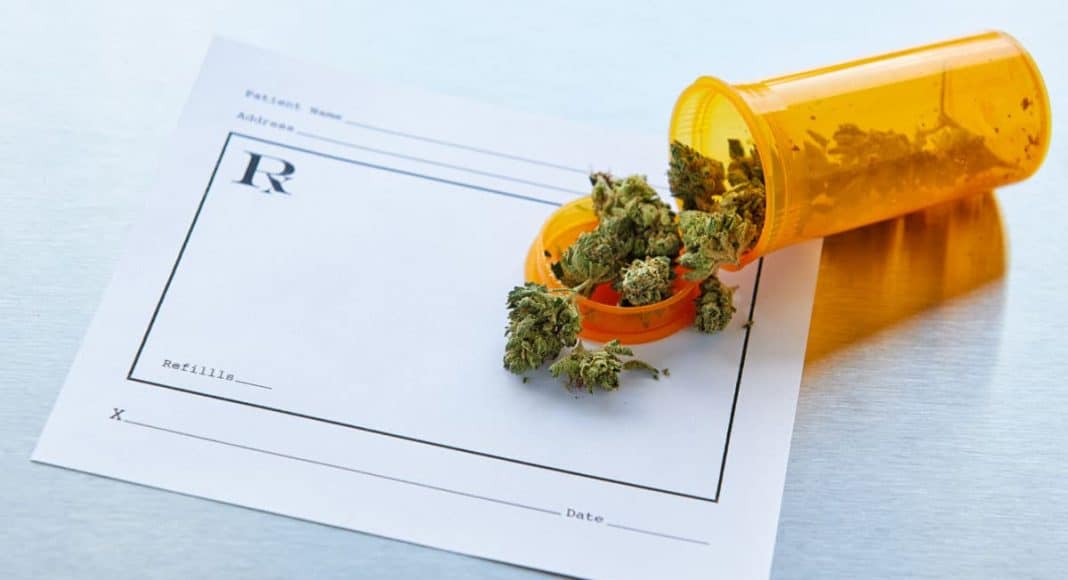Thanks to cannabis being legalized for medical purposes in over half the states in the United States people are finally starting to have access to this amazingly beneficial plant. For the population of the other half of the U.S. however, they are still denied this access which has led to an increase in the number of medical cannabis refugees across the country. A medical cannabis refugee is an individual who has had to relocate to a different state for medical purposes. For many of these refugees it’s a matter of life and death. This can clearly be seen when you look at the stories of Coltyn Turner and Alexis Bortell among various others.
-
Related Story: What To Expect From Maine’s Recreational Marijuana Market
What many people don’t realize are the multitude of trials and tribulations that refugees must endure aside from their already devastating medical conditions. If you’ve never had the honor of meeting or spending time with a medical cannabis refugee chances are you’re not aware of some of the things that they must battle on a daily basis. Let’s take a look at some of the things these individuals face when they make the decision to become a medical cannabis refugee.
Relocation Separation
Imagine what it would be like to leave behind everyone and everything you know to live in a different state just so that you could medicate with a plant. Imagine the separation you would feel from your friends, family and loved ones. This is the pain that medical cannabis refugees experience daily. From parents of adolescent patients who have chosen to leave everything behind to give their children a chance at life to the adults who no longer want to face the fear of jail or even worse for medicating with cannabis, this is the pain they must endure when they become a medical cannabis refugee.
Out Of Pocket Costs
Unlike traditional pharmaceuticals and treatment options, medical cannabis isn’t covered by insurance so everything comes out of pocket. That means on top of the expenses that come with relocating to a cannabis compassionate state, medical cannabis refugees and their families are forced to pay for the products they need out of pocket. This not only can become very expensive, it’s an undesired and unneeded added stress to the patients and their families.
Embarrassment and Negative Stigma
Many medical cannabis refugees see great success when choosing cannabis as their medical treatment however, many of them face embarrassment and negative stigma from others who are not educated to the truths about cannabis. Be it family members or friends, many medical cannabis refugees face backlash for their choices and often times it causes them to be alienated from loved ones.
-
Related Story: How To Talk To Your Children About Legal Marijuana
These trials and tribulations would be unnecessary if only our federal government would show compassion and do the right thing by removing cannabis from being classified as a schedule 1 narcotic. The scientific and anecdotal evidence makes it clear that cannabis truly is a medically beneficial substance and there is no reason that anyone should ever have to become a refugee to have access to cannabis.


